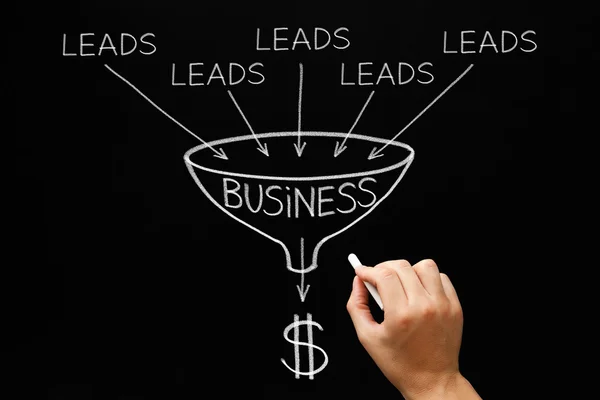
In the world of business, sales are the lifeblood that keeps everything going. Without sales, businesses would not be able to survive, let alone grow and thrive. However, sales are not just about making a sale. It’s about building relationships, understanding customers’ needs, and guiding them towards making a buying decision.
In this article, we’ll take a deep dive into the sales process and provide a step-by-step guide for success. We’ll explore the different types of sales processes, the benefits of having a sales process, and the key steps involved in the sales process.
Introduction to the Sales Process
The sales process is a series of steps that a salesperson takes to convince a potential customer to buy their products or services. It starts with identifying a potential customer and ends with closing the sale. The sales process is a crucial aspect of any business because it helps to ensure that sales are made efficiently and effectively.
There are different types of sales processes, and each type is suited to different types of products and services. Some sales processes are more consultative, where the salesperson takes the time to understand the customer’s needs and provides tailored solutions. Other sales processes are transactional, where the salesperson focuses on closing the sale quickly.
You can be also interested in – https://aplusbrandmarketing.com/the-ultimate-guide-to-email-deliverability-tips-and-best-practices.html.
Understanding the Different Sales Processes
There are several different sales processes, and each one is suited to different types of products and services. Here are some of the most common sales processes:
Consultative Sales Process
The consultative sales process is a more personalized approach to sales. The salesperson takes the time to understand the customer’s needs, pain points, and goals. They then provide tailored solutions that meet the customer’s unique requirements. This type of sales process is common in industries such as technology, healthcare, and professional services.
Transactional Sales Process
The transactional sales process is a more straightforward approach to sales. The salesperson focuses on closing the sale quickly, and there is less emphasis on building a relationship with the customer. This type of sales process is common in industries such as retail, e-commerce, and hospitality.
Inbound Sales Process
The inbound sales process is a more passive approach to sales. Instead of actively seeking out potential customers, the salesperson waits for customers to come to them. This type of sales process is common in industries such as software as a service (SaaS), where customers may already be familiar with the product or service.
Outbound Sales Process
The outbound sales process is a more active approach to sales. The salesperson actively seeks out potential customers through cold calling, email marketing, or other forms of outreach. This type of sales process is common in industries such as real estate and insurance.
The Importance of Having a Sales Process
Having a sales process is essential for several reasons. First, it helps to ensure that sales are made efficiently and effectively. A well-defined sales process ensures that salespeople are following a consistent approach to sales, which can help to improve sales performance.
Second, having a sales process helps to build trust and credibility with potential customers. When a salesperson takes the time to understand a customer’s needs and provides tailored solutions, it shows that they care about the customer’s success, not just making a sale.
Finally, having a sales process helps to improve the overall customer experience. A well-defined sales process ensures that customers are guided through the buying journey and provided with the information they need to make an informed decision.
Check our follow-up guide from Reply`s specialist https://reply.io/follow-up-guide/.



